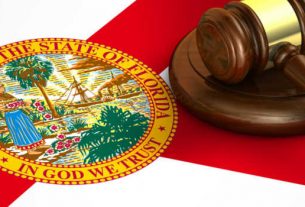In a bid to improve on the measures that it has put in place to protect its citizens, Spain has recently approved the Royal Decree on Advertising. This goes in line with the country’s previous bid to prohibit several forms of online gambling marketing.
Approved by the country’s Council of Ministers, the new decree will now restrict all forms of gambling advertising or commercials on television, radio and even YouTube to between 1 am and 5 am. Moreover, the gaming operators will need to ensure that both their digital and social media adverts have ‘age restriction filters’. This is to keep the advertisement from being viewed by audiences that are not allowed to gamble in the country.
In addition to that, the Royal Decree also effectively eliminates gambling sponsorship of sports bodies. The gaming operators are also now restricted to offering bonuses only to new customers who have made at least three deposits to their casino accounts.
According to Alberto Garzón, consumer affairs minister in Spain, gambling advertising has grown immensely over the past several months and has now “flooded the media and our daily lives.” The Royal Decree is, therefore, a response to a social alarm, and given the gravity of the matter, necessary measures have had to be taken after putting scientific evidence into consideration.
“As we face this phenomenon, we answer with this Royal Decree that we approve this morning, and we aim to defend public health, protect vulnerable groups such as minors, the youth and people with certain pathological behaviors that can be developed as a result of the intensive practice of these activities,” the minister added.
The ministers believe that there is no better time than now to implement the restrictions since people are more likely to indulge in gambling activities during the lockdown.
Some Criticism
Even though they are geared towards protecting consumers, the measures that are part of the Royal Decree have faced some criticism, especially from the gambling industry. Several stakeholders in the gaming sector have pointed out that the measures are disproportionate and are likely being guided by political beliefs instead of scientific evidence.
Jdigital, an industry body that accounts for more than 80 percent of Spain’s online gambling licensees, has stepped in to speak on the matter. According to the body, the regulations and measures that have been proposed by the ministry are likely to “have the opposite effect to that intended since it implies such a disproportionate restriction of the advertising activity of legal operators that it is comparable, in practice, to a prohibition.”
Now, there is no guarantee that this will happen which means that we will have to wait to see how things pan out. Perhaps all the complaints and discrepancies will be addressed in due course – consultation will, of course, be key to this.



